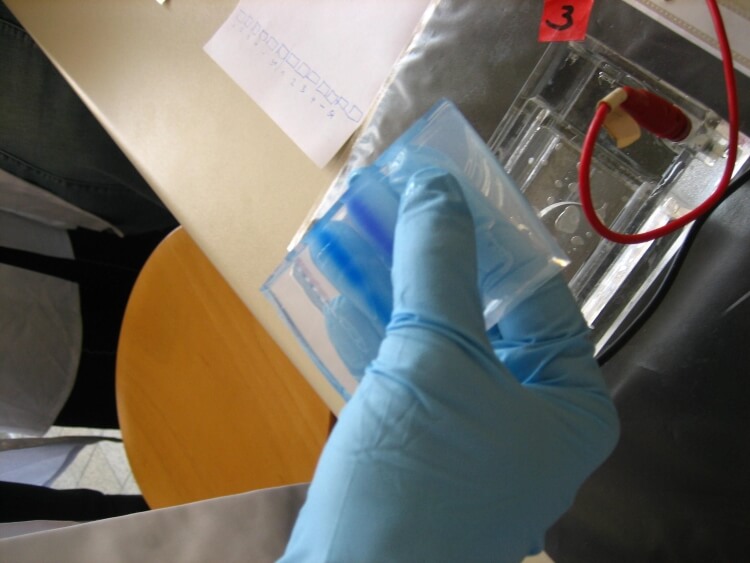3h
Cattle TLR4(Toll Like Receptor 4) ELISA Kit
Cattle TLR4(Toll Like Receptor 4) ELISA Kit
40ng/mL
Sandwich
0.236ng/mL
0.625-40ng/mL
CD284; TOLL; HToll
ELISA Enzyme-linked immunosorbent assays Code 90320007 SNOMED
Signal transduction;Enzyme & Kinase;Tumor immunity;Infection immunity;Pulmonology;
E05 478 566 350 170 or Enzyme-Linked Immunosorbent Assays,E05 478 566 350 170 or Enzyme-Linked Immunosorbent Assays
The receptors are ligand binding factors of type 1, 2 or 3 and protein-molecules that receive chemical-signals from outside a cell. When such chemical-signals couple or bind to a receptor, they cause some form of cellular/tissue-response, e.g. a change in the electrical-activity of a cell. In this sense, am olfactory receptor is a protein-molecule that recognizes and responds to endogenous-chemical signals, chemokinesor cytokines e.g. an acetylcholine-receptor recognizes and responds to its endogenous-ligand, acetylcholine. However, sometimes in pharmacology, the term is also used to include other proteins that are drug-targets, such as enzymes, transporters and ion-channels.
The test principle applied in this kit is Sandwich enzyme immunoassay. The microtiter plate provided in this kit has been pre-coated with an antibody specific to Toll Like Receptor 4 (TLR4). Standards or samples are then added to the appropriate microtiter plate wells with a biotin-conjugated antibody specific to Toll Like Receptor 4 (TLR4). Next, Avidin conjugated to Horseradish Peroxidase (HRP) is added to each microplate well and incubated. After TMB substrate solution is added, only those wells that contain Toll Like Receptor 4 (TLR4), biotin-conjugated antibody and enzyme-conjugated Avidin will exhibit a change in color. The enzyme-substrate reaction is terminated by the addition of sulphuric acid solution and the color change is measured spectrophotometrically at a wavelength of 450nm ± 10nm. The concentration of Toll Like Receptor 4 (TLR4) in the samples is then determined by comparing the O.D. of the samples to the standard curve.
